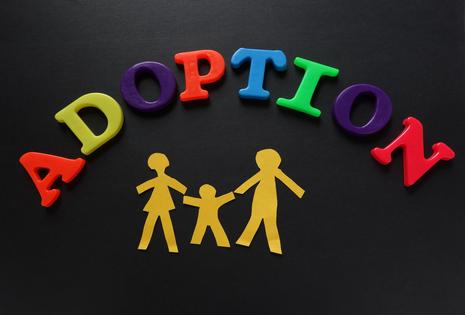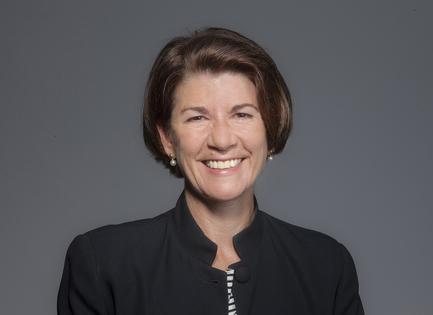Ask Amy: ‘Best of’ column concerns adoption
Dear Readers: Every year I step away from my column for two weeks to work on other creative projects. (Anyone interested in my personal essays and photographs can subscribe to my free newsletter: amydickinson.substack.com).
I’ll be back next week. In the meantime, I hope you enjoy these “Best Of” columns from 10 years ago. Today’s topic concerns adoption, and the potential fallout from keeping adoption a secret.
Dear Amy: I am a 16- year-old girl. I have a 13-year-old biological brother, “Paul” and a 10-year-old adopted sister, “Natty.”
My parents have never told Natty she’s adopted. She resembles our family, so I don’t think she suspects anything.
However, she’s recently started asking questions about her birth, and my mom has made up elaborate lies to cover up the fact of her adoption.
My mom says she’ll tell her when she’s old enough. Paul and I think she deserves to know now, but don’t want to defy our mom.
Can you help?
– Distressed Sister
Dear Distressed: Your mother’s refusal to tell your sister her adoption story has now devolved from lying by omission to outright lying.
Your mom is putting all of you in a terrible position, and it has the potential to profoundly affect everyone.
Your sister is old enough to learn her adoption story. She was always old enough to know this story, because her story tells the truth about her life.
This story is nothing to be ashamed of or worried about, except, of course, when it becomes this big and powerful secret that the whole family must keep.
Tell your mother you are worried that another family member will tell your sister the truth, and this would turn a wonderful story into a confusing and traumatic event for everyone.
I assume that because of the difference in your ages, you have quite distinct memories of your own of your sister’s adoption into the family.
You should tell your mother that you will never lie about this and that if asked you will tell the truth.
You don’t mention your father, but he would be the obvious choice to help you advocate for the truth.
A book that would provide inspiration to your parents is, “Talking with Young Children about Adoption,” by Mary Watkins and Dr. Susan Fisher (1995, Yale University Press).
This book not only suggests ways to have this talk, but also anticipates the many questions that children frequently ask. – Junes 2012
Dear Amy: I disagree with your advice to “Distressed Sister.” Adoption is between the parents and the child.
Everybody else should stay out of it. This sister should be told, “If you ever adopt a child, you can handle it the way you like.”
– Also Distressed
Dear Distressed: Adoption is not only between the parents and the child. Keeping this a secret affects the entire family system.
Adoption can be a painful and emotional subject for parents, in part because they cannot imagine that the child they chose to join their family wasn’t always in their family. They also worry about any future complications regarding the child’s curiosity about — or contact with — biological relatives. – July 2012
Dear Amy: “Distressed Sister” was a 16-year-old sister of an adopted sibling whose mother required her to keep the adoption a secret.
It makes me cringe to think of what that child has missed.
My son has known of his adoption since he was old enough to understand the concept.
This is what he understands: He was chosen; he has two birthdays (he brings cupcakes to school on his birthday and cookies on his “gotcha day”); he didn’t have to get stuck with my short, nonathletic genes; he gets to celebrate both Mother’s Day and Birth Mother’s Day (the day before Mother’s Day); and he’s loved within an inch of his life by not only his adoptive family, but by his birth mother and her family.
He also benefits hugely by a positive relationship between our two families.
Being adopted is nothing to be ashamed of! It’s something to be celebrated.
– Joseph’s Mom
Dear Mom: Not all adoptees have access to their birth family the way your son does, but all adoptees should be told the truth about their lives – starting in an age-appropriate way when they are very young.
This subject will come up in various contexts throughout a child’s life, whether or not the child chooses to raise it. Parents (and other relatives) should always convey that they are open and honest, even when the subject is painful to discuss. – July 2012
========
(You can email Amy Dickinson at askamy@amydickinson.com or send a letter to Ask Amy, P.O. Box 194, Freeville, NY 13068. You can also follow her on Twitter @askingamy or Facebook.)
©2022 Amy Dickinson. Distributed by Tribune Content Agency, LLC.










